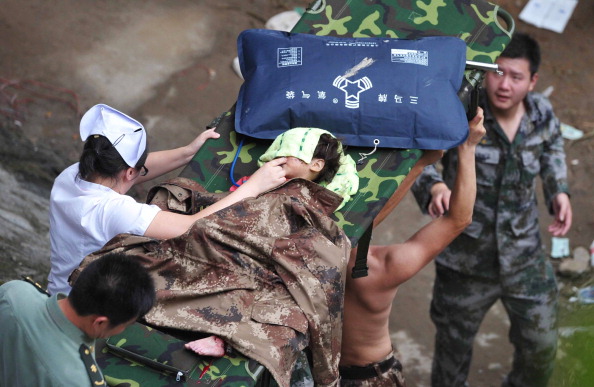2011年7月23日,两列行驶在甬台温铁路上的高速列车在东部沿海城市温州附近追尾,事故造成40人死亡,191人受伤。秦颖写道,一个星期之后几乎所有关于这次动车事故的报道都从报纸和电视媒体上消失了。

案例详情
2011年7月23日,两列行驶在甬台温铁路上的高速动车组在中国东部沿海城市温州附近发生追尾. 列车脱轨后有四节车厢从桥上坠下,造成40人死亡,191人受伤。事故最早的报道是列车上的乘客通过微博发出的,比官方的新华社通稿至少提前了40分钟。
这次事故对中国搭建全球最大规模的高铁网络来说是个重大挫折。高铁一直以来被看作国家技术进步和产业实力的象征,因此媒体也收到了官方指令要以“大灾面前有大爱”为主题报道,“不质疑,不展开,不联想”,“不链接高铁发展相关信息,不做反思性报道”。然而趁着政府官员疲于处理善后之际,包括官方媒体在内的大部分中国媒体和更草根的微博与博客一起对政府的事故处理提出了激烈的批评。
就连向来亲官方的《环球时报》也在社论中 指出“现在,几乎所有的公共事件都会引发了一系列严肃的问题,而面对这些问题,官方的反应总是迟缓和不明确的。这种态度对于政府形象的损害往往大于事故本 身。” 媒体对于事故的报道在那一周里持续发酵,特别是7月29号对温家宝总理在事故现场视察的报道。《南方周末》前执行总编钱钢甚至说,在7月29号“中国大陆的媒体达到了前所未有的开放”。
不过次日清晨,也就是7月30号,几乎所有对动车事故的报道都从报纸和电视节目中消失了。网上的讨论和“七二三事故”相关的搜索也开始收到审查和屏蔽。宣传部门在前一天晚上就下达了禁令,要求媒体停止对动车事故的报道
视媒体上消失了。























reply report Report comment
This article particularly captivated my attention as I am myself writing a piece concerning this train crash. I agree that censoring may silence resentment but that does not mean that it is nonexistent. On the contrary it only generates more dissatisfaction and may even cause people to lose confidence in their government.
reply report Report comment
An opinion: the game of censorship has shifted in China.
The powers that be know they cannot fully suppress information they dislike. Instead, they seek to set the agenda. (For instance using the 五毛党 who are paid to post party-line comments, or the old fallback of editorials.)
It simply isn’t true that all traces of the accident disappeared on the Chinese language internet within the mainland. It’s just more inconvenient to find – which is the point.
Suppression of free speech comes in varied and hidden forms, self-censorship at the top. It mustn’t be simplified as an iron fist when its fingers are in many pies.